By Ron Pesch
Local Sports Journal.com
 FRUITPORT–“Mike Teeter stood by a mirror. Blood was coming out of a large gash on his forehead. His arm was heavily bandaged. There was a weariness about his eyes. ‘It’s pretty tough,’” he told Booth newspapers in November 1989.
FRUITPORT–“Mike Teeter stood by a mirror. Blood was coming out of a large gash on his forehead. His arm was heavily bandaged. There was a weariness about his eyes. ‘It’s pretty tough,’” he told Booth newspapers in November 1989.
The Michigan Wolverines had just beaten archrival Ohio State at home.
“It’s a great feeling. I mean we won the Big Ten title back-to back. That’s something. And you want to really celebrate. But it’s kind of a bittersweet moment. It’s my last game here.”
Teeter wasn’t selected in the 1990 annual National Football League draft, but that was just another obstacle cast in his direction. Like the others, that wouldn’t stop him.
“It Wasn’t Just Me”
“I don’t know why I was blessed the way I was blessed,” said Teeter by phone, standing outside on a hill in Northern Michigan, trying to capture cell service while attempting to explain his good fortune. “God had a different plan for me and that included football.
“I loved athletics,” he said. “I loved baseball. I was always the bigger kid in Little League, so I was always moved up. I think that itself helped me get prepared because I was always competing against older kids – bigger kids.”
Teeter’s size was an ideal fit for football.
A tight end as a sophomore in 1983, at 6-3 and 215 pounds, Teeter was moved to fullback as a junior by head coach Tom Holden, now in charge for a second go-round at Fruitport. Teeter averaged 6 ½ yards per carry and racked up more than 800 yards for the Trojans that season.
“Our family was poor…we didn’t have a lot of money,” Teeter said. “My Dad had health issues. My Mom was the only one working … I was headed to the Marines if I didn’t get a scholarship.”
Come summer, Teeter went to a University of Michigan football camp with friends. There, the Wolverine staff broke up everybody into groups by position. Teeter went with the running backs.
Tirrel Burton was the running back coach at Michigan. A track champion in the mid-50s at Miami of Ohio, Burton also starred on the football field under Coach Ara Parseghian, then was added as an assistant to coach Bill Mallory’s staff at Miami of Ohio. In 1970, he was invited by Coach Bo Schembechler (who had preceded Mallory as coach at Miami University) to join the Wolverine staff at U-M.
“(Burton) looked at me and said, ‘You’re not supposed to be here,’ recalled Teeter, laughing at the memory. “I go, ‘I’m a running back,’ and he goes, ‘No you’re not.’ And he said ‘Well, get down and run a 40.’ And they have the electronic timer set up. So I did, and I was like a 4.63. And he looks at me and says, ‘Okay – you can stay.’ Right after that camp is when I started to get a lot of attention. Then I started seeing everybody from different colleges from all over the United States.”
Before anything could progress, Teeter needed to get his academics and attitude straight. Rick Debruyn, an instructor at the high school and Teeter’s football coach during his freshman year, recognized what might lie ahead, and stepped in.
“In my younger years (I was) a little bit more of a rebellious guy,” Teeter said. “Rick grabbed me by the shoulder one day out in the hallway and said, ‘What are you doing? You have a real opportunity, and you have to get things straight.’ So he worked with me every day academically. I had to work really hard because I didn’t work hard my freshman year in high school.”
Taking advantage of his size, speed and strength (Teeter could bench press more than 400 pounds) Holden again had him in the backfield, at tackle on defense, and even kicking as a senior. In hindsight, it’s incredible to think he didn’t receive all-state honors that year as he was identified by recruiting services as one of Michigan’s Top 20 college prospects come February.
“I don’t put a lot of stock in all those things,” Teeter said. “They really don’t matter to me. At the time, I remember I was probably a little hurt. I think I got All-Area or All-Conference, but not both. All those experiences just mold you. I think they build a lot of resolve. For me, I took it as a challenge.” 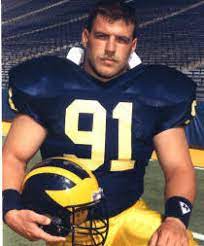
The Courtship
“I told everybody I’m not leaving the state of Michigan. My dad was ill, and I wanted to be close to home,” Teeter said. “So, I narrowed it down to Michigan State and Michigan. My room was Maize and Blue in the house.
“Michigan State – (coach George) Perles shot pistols with my Dad, and stuff like that – they did a great job recruiting me ,” he said. “Michigan – probably not as much.
“I verbally committed to Michigan State, and then I called Bo up from the counselor’s office to tell him I was not going to Michigan,” he said. “I heard him try to muffle the phone so I couldn’t hear what he was saying, but I heard exactly what he said.”
Schembechler, with succinct and unprintable direction, instructed his newly hired assistant, Malcolm “Cam” Cameron, to get to Fruitport NOW.
“Cam made it from Ann Arbor to Fruitport in less than two hours. We had Michigan State and Michigan at the school at the same time. By the end of the day, I was going to Michigan.”
Ann Arbor here I come
As an incoming freshman at Michigan, Teeter was 6-4, 240 pounds and initially pegged as a tight end in the preseason reports. Later, he was listed among the linebackers. Because of injuries and skill sets, three true freshmen, receivers Greg McMurtry and Chris Calloway, along with Teeter – now pegged as a middle guard on defense – saw regular action during the 1986 season. 
Michigan’s quickest defensive lineman, Teeter again earned play at the position as a sophomore and junior, but a variety of injuries – knee, elbow, head, neck burners, ankle – limited his time on the field. But as a senior, he owned the spot. He was recognized with second-team All-Big Ten honors from United Press International and received praise from his teammates, and Schembechler – who just weeks before had announced he would step down as Michigan’s head coach following their bowl game.
“Our middle guard has had a great year,” said Bo. “He’s been our most valuable defensive lineman by far. You can’t play our style of defense unless the middle guard is the bastion of the defense. He’s got to hold his ground. He cannot be knocked out of there. Because if he is, the rest of the defense will collapse around him.
“Teeter is an exceptionally strong kid who has really emerged this season and done the job in there. He’s managed to stay healthy and with this being his last year, he’s played very hard. He’s been outstanding.”
Undrafted, Teeter signed an NFL free agent contract with the Indianapolis Colts in early May, 1990 and left Michigan without a degree.
“I had to get done with everything in four years,” Teeter said. “At the time, that wasn’t the timetable they put you on. Freshmen normally didn’t play. I was three courses short.”
He had been the first in his family to go to college.
Unhappy with how things were progressing in Indy, Teeter asked for, and received, a release from his contract. His football journey next took him to Frankfort, Germany, and the World Football League, where his play earned “All-World” recognition. He went on to play 6 years in the NFL, spending time in Minnesota, Houston, Carolina and Arizona before retiring in 1996.
He finished his degree that same year through correspondence – two classes at Calvin College, and the other through U-M.
“The first thing I did was sat it on Bo’s desk and said, ‘Here it is.’”
“My Dad had passed – he did get to see me play pro ball – but I did walk for my Mom,” he said, “My Mom was still alive and it was a big deal.”
In 1997, Teeter returned to the Big Ten as the defensive line coach at Indiana under newly hired head coach Cam Cameron – the same guy who had high-tailed it to Fruitport for Bo a dozen years earlier. Teeter would stay for a season. Come June of ‘98, he would step aside, eager to return home to spend more time with his wife, Kim, and his family and to see what came next.
“I met my wife through an invitation to youth group from my best friend,” Teeter said. “She changed my life. I always tell people God just likes to get my attention.
“But since then, all my kids have graduated from college, and both my daughters have doctorates,” he said. “My son just graduated from Grand Valley. I don’t take credit for that – give credit to their mother. She made sure everybody was in the books. That’s been the highlight besides meeting and marrying my wife.”
He started ‘life after football’ in real estate. Today, he works with a boutique firm buying and selling companies by referral.
“I’ve got a good team around me. Bo always said to be successful, you keep good people around you.
“I really don’t know how it happened,” he said. “It was my dream. It was all I wanted to do … It wasn’t just me. There were things at work that I can’t explain. I was just fortunate to have the opportunity to play with great players, to have great coaches.”
“Football didn’t define who I was. It’s part of me of course. But being from Fruitport, and going back, and now still living in Fruitport, it kept me grounded.
“I love my kids. I love being a Dad, I love being a husband. I got everything I wanted as a young person. Not many people can say that.”





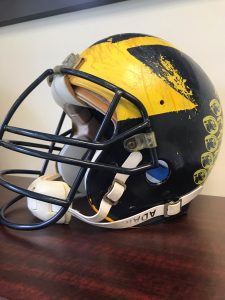


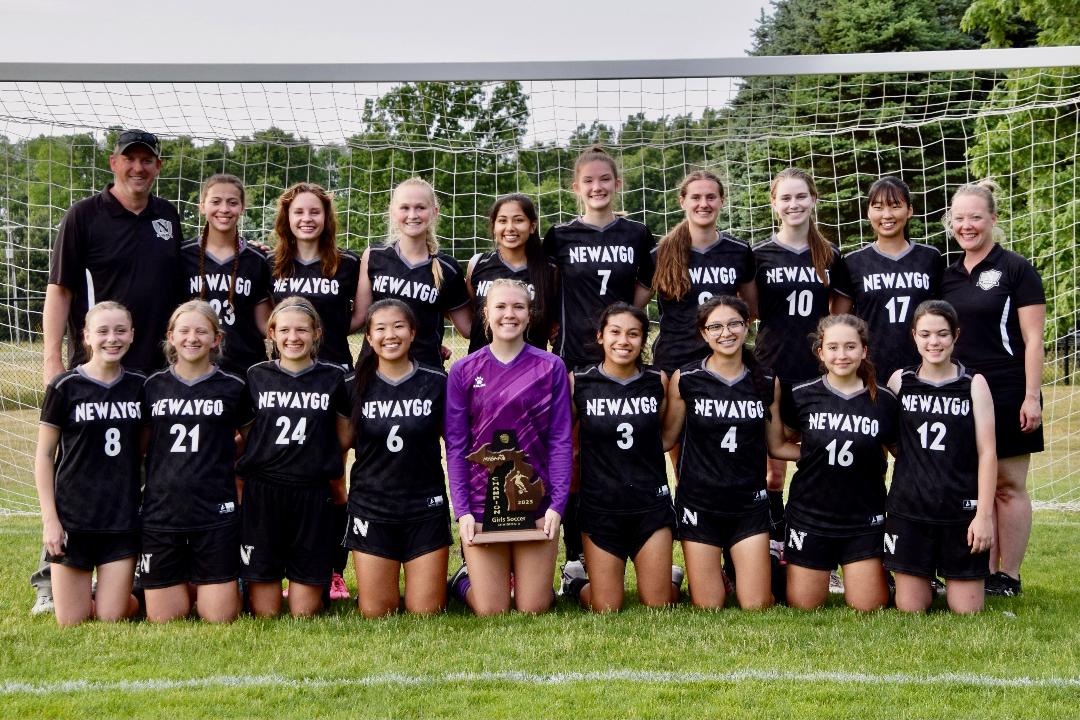
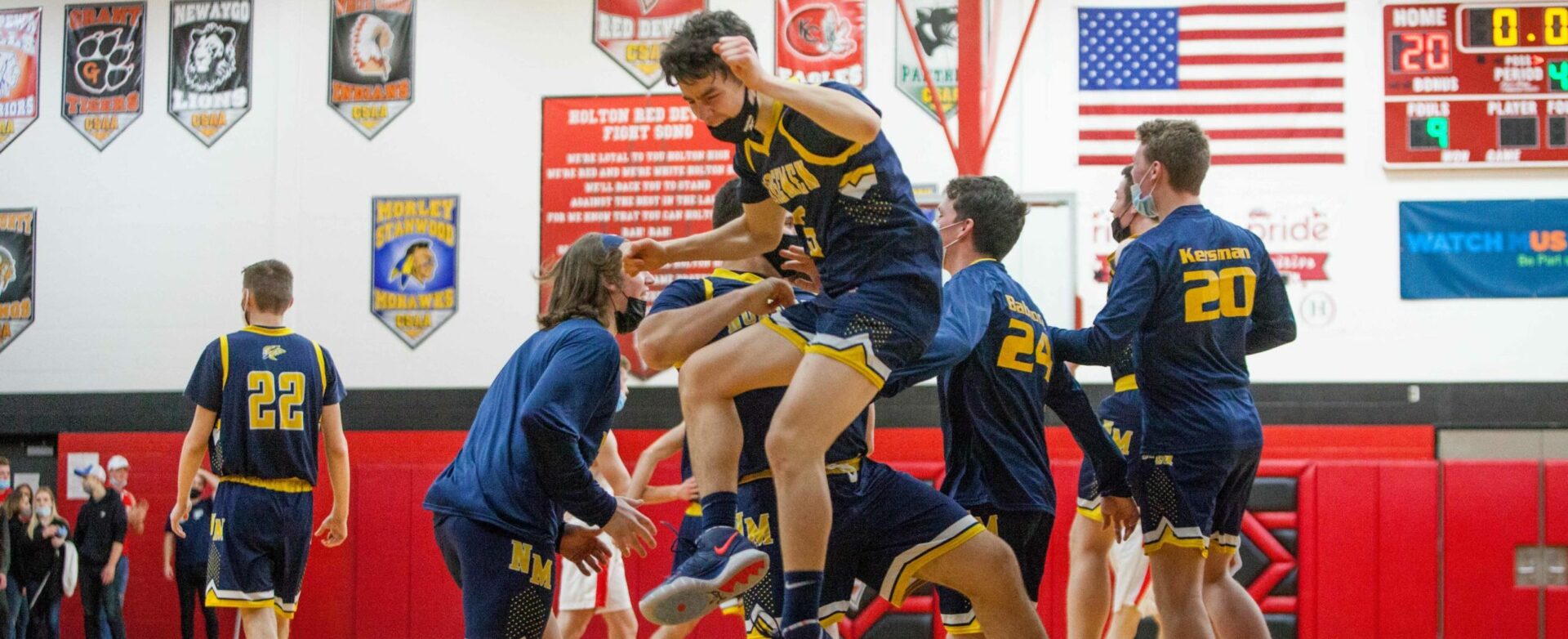
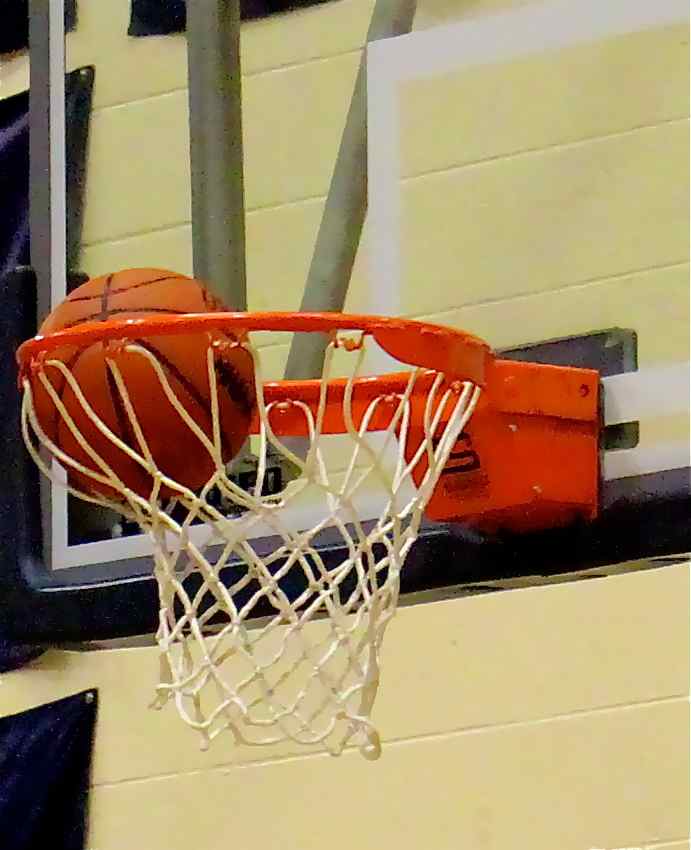
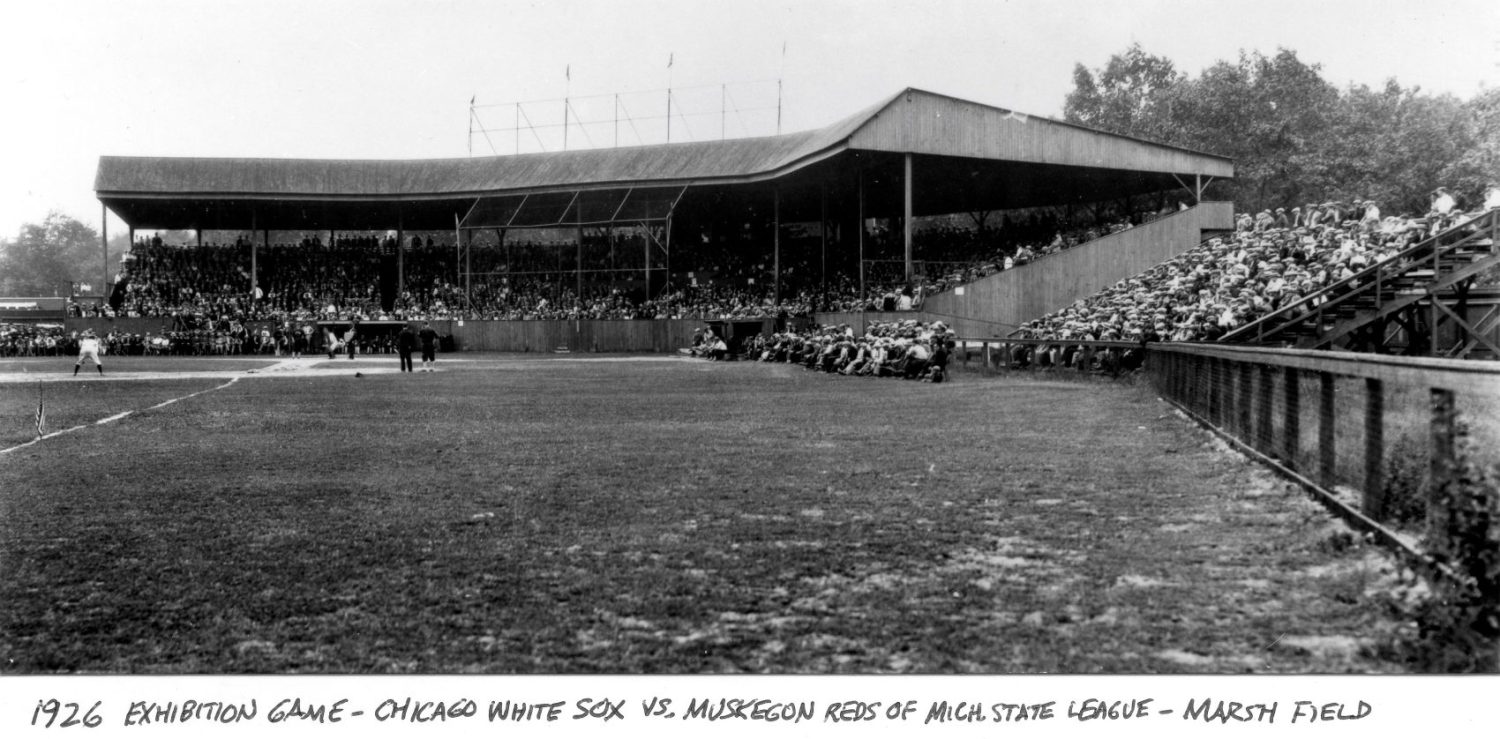
Absolutely awesome Teet, for a great player. It was such an honor and a privilege to coach you guys in your early years, and it’s an inspiration for all people to hear that it is not all about football in life but faith, family, friendships, academics and being proud of who you are and where you live, all part that makes us a better person, husband, dad and friend, thanks for your friendship Teet.
Outstanding Sir.